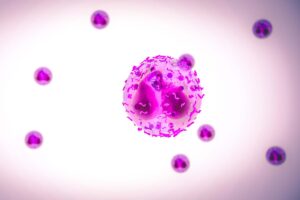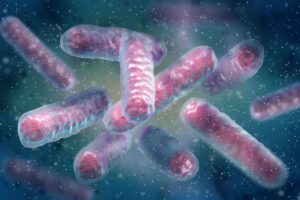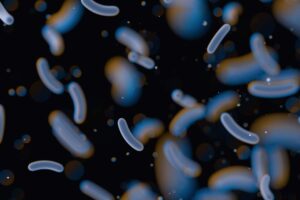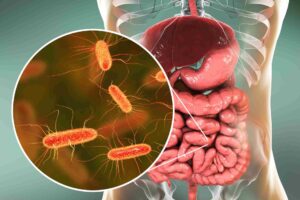Giorgia Guglielmi
Nutrition, Pediatrics
The findings of a new research suggest that a mother’s diet during nursing influences her offspring’s microbiota composition, gut health and predisposition to become obese.
Gastroenterology, Nutrition
The findings of a new research suggest that the gut microbiota can influence binge-eating of sweet foods.
Oncology
The findings of a new research suggest that dietary and antibacterial strategies may help to prevent neutropenia-related fever after cancer therapy.
Gynecology
The findings of a new research suggest that obesity-induced changes in the vaginal microbiota can affect the immune responses against viral infection.
Neuroscience
The findings of a new research support the link between gut microbes and depression, and suggest that the gut microbiota can be a target for future therapies.
Gastroenterology, Scientific research
The findings of a japanese research suggest that several viruses are linked to specific populations and diseases.
Gastroenterology
Researchers have found that a diet low in fermentable carbohydrates can alter the human microbiota in ways that influence the expression of genes involved in inflammation and intestinal integrity.
Oncology
A recent study confirms that 5-FU exerts part of its anti-cancer effects through inhibiting the growth of F. nucleatum, the commensal associated with colorectal cancer progression.
Gastroenterology
A recent study confirms that ileum and colon have a distinct microbiota: unlike the bacterial composition of the colon, the ileum is subject to frequent fluctuations.
Gastroenterology, Neuroscience
The findings of a new research may help to inform therapies to modulate brain circuits that are involved in substance use disorders.











